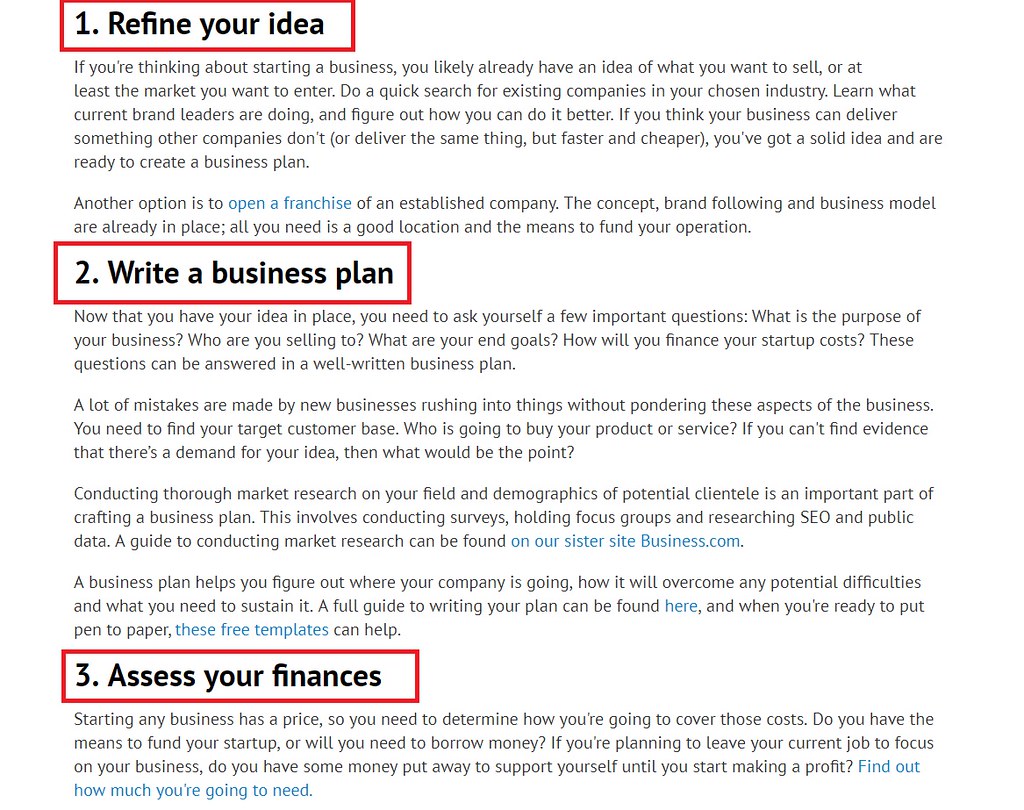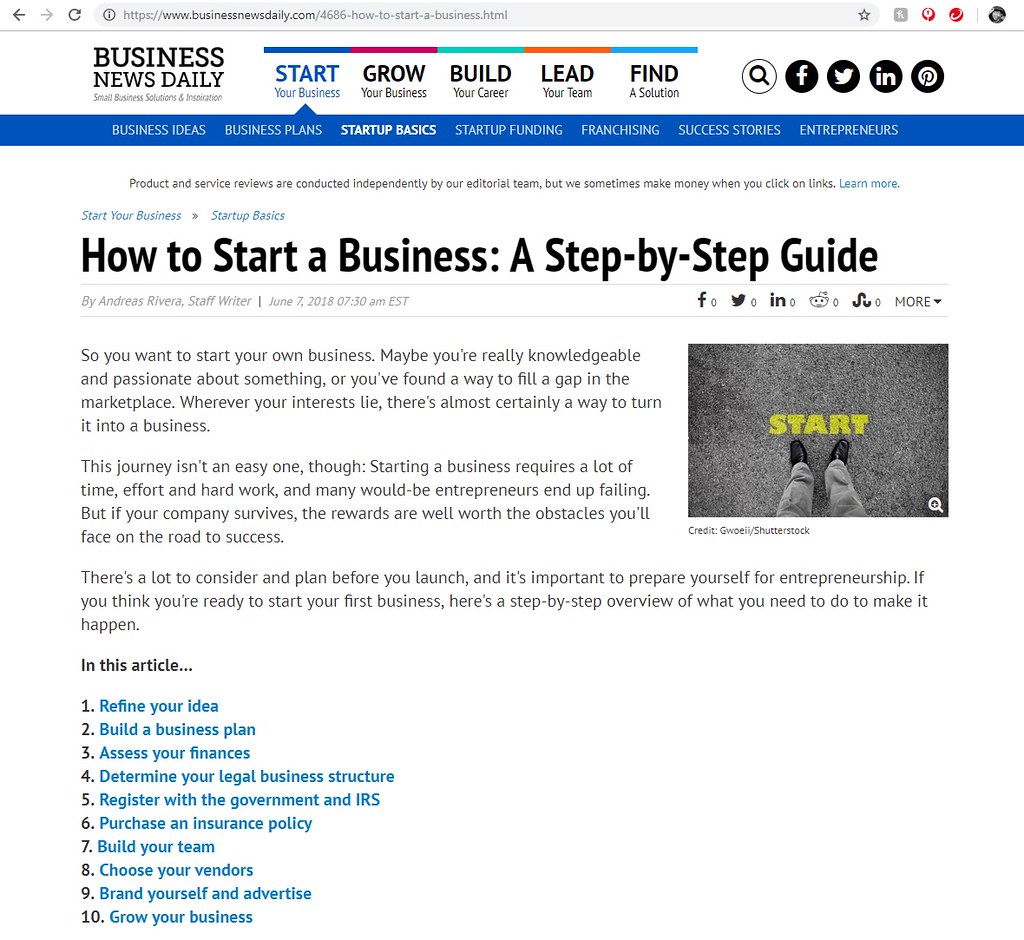Over the decades, the worldwide web has changed and grown. Where once there were a dozen search engines in common usage, today Google seems to rule the world. Every few years, Google changes its algorithm which sends web developers and ecommerce pros into a tizzy trying to adjust to the changes so their search engine rankings don’t suffer.
For many years, keywords were king when it came to search engine optimization. The more keywords you could stuff into your website, the higher your rankings. Today, that is no longer the case – in fact, this tactic could result in very poor SEO ranking. Though there are many factors that come into play with modern SEO, website usability and user experience are near the top of the
While choosing and optimizing for relevant keywords is an essential part of any SEO strategy, your website also needs to be easy to navigate, up to date, and it needs to provide the information your audience is looking for. Keep reading to learn more about website usability and how you can improve it to boost your SEO ranking immediately.
What is Website Usability and Why Does it Matter?

Website usability consists of several different elements which can ultimately affect your search engine ranking. Simply put, the usability of a website measures how effectively, efficiently, and satisfactorily its users can see and utilize the website. Here are some of the factors that affect website usability:
- Efficiency – Website users want to find what they are looking for quickly and efficiently. If your site isn’t easy to use or if the information is irrelevant or out of date, they are more likely to navigate away.
- Effectiveness – This simply means that users are able to achieve their goals when they land on your website, whether it be finding a resource, answering a question, or purchasing a product.
- Navigation – Users need to be able to find their way around your website quickly – the more time they waste clicking around, the more likely they are to leave without purchasing.
- Memorability – You also want your users to be able to re-find your website so use memorable and relevant keywords, so they can find you easily.
- Satisfaction – Ultimately, your users want to get what they came for as quickly and as easily as possible. A website should fulfill the user’s requirements, answer questions, and provide necessary resources to ensure satisfaction.
Good website usability is key if you want your audience to stay on your site for any length of time and if you want them to come back. When someone visits your website, their expectations should be met or exceeded, and they should be able to use the site effectively to complete their intended goal whether it be purchasing a product or finding information. In this way, website usability is almost like customer service – it is your goal to provide the customer with what they want in the fastest, most efficient, and most economical way possible.
12 Ways to Increase Usability and Boost SEO Rankings
Now that you have a better understanding of what website usability is and why it matters, you can use that knowledge to make improvements to your website. Done properly, these things can start boosting your SEO rankings immediately. Here they are:
1. Increase your page load speed. If your page takes too long to load, not only will it affect your search engine ranking, but you’ll lose customers quickly. There are a variety of ways to increase page load speed such as keeping your code clean and streamlined, using caching plug-ins, choosing smaller image sizes, and minimizing your page redirects.
2. Optimize your images. When including images on your site, be sure to consider the ideal file format and size. You should also optimize your images for SEO by choosing the right file name, alt text, title, description, and caption.
3. Break up your content with header tags. Nothing is more daunting on a website than a wall of text. Breaking up your content into shorter paragraphs with headings and subheadings is the way to go if you want your readers to stay on your website longer.

4. Include some outbound links. Including outbound links on your site will make it more useful and relevant for your readers. Linking to authority sites will not only make your website appear more trustworthy, but it also makes your content more relevant.
5. Make use of varied multimedia. Content may be king, but images, videos, and audio can also provide value for your users. Deliver your content in the way that is best suited to the material and to your readers and don’t forget to optimize your images and other multimedia content.
6. Repair broken links. Broken links make for bad usability, but they are an easy fix. There are several online tools that can help you identify broken links on your page, so you can go through and fix them.
7. Test your content’s readability. You want your content to provide value for the reader, but it still needs to be easy to digest. Use an online tool to test the readability of your content and make adjustments as needed so your users stay on your site longer.
8. Make adjustments to your layout. Proper layout is important for user experience, so you want to make your content easy to scan. Some adjustments you can make might include using bold type, using different font sizes, using short paragraphs, using bulleted or numbered lists, and using subheadings.
9. Create or update a contact page. Having a contact page may help your business look more reputable and it may even improve your ranking. Plus, having a “Contact Us” option in your navigation will boost your user experience.
10. Improve site navigation. If you find that users tend to leave your website fairly quickly, it could be a problem with your site navigation – users get frustrated when they can’t find what they need. You can improve your site navigation fairly quickly with usable menu bars and clickable buttons.

11. Optimize your site for mobile users. More and more, people are accessing the internet from mobile devices rather than at-home computers. Your website needs to be usable on all platforms, including mobile platforms if you want to rank well.
12. Integrate social media platforms. In recent years, social media has exploded and is now an integral part of any successful online marketing plan. Tweets, Facebook shares, and Pinterest pins can all boost your SEO ranking so if you don’t already have social media accounts for your business, create them!
In addition to utilizing these twelve tips, you should consider running a site audit once a month. This will help you identify areas in which your website is performing well as well as provide you with insight about areas for improvement. When you run your audit once a month you can make comparisons with the data from the month before to see whether your efforts are having the desired effect.
Search engine optimization is a complex subject and it has grown and evolved significantly over the years. If you want your website to be successful, you need to keep up with the trends and changing algorithms to optimize your site not only for keywords but also for user experience. Use the tips you’ve learned here to improve your website’s usability and boost SEO rankings immediately.
